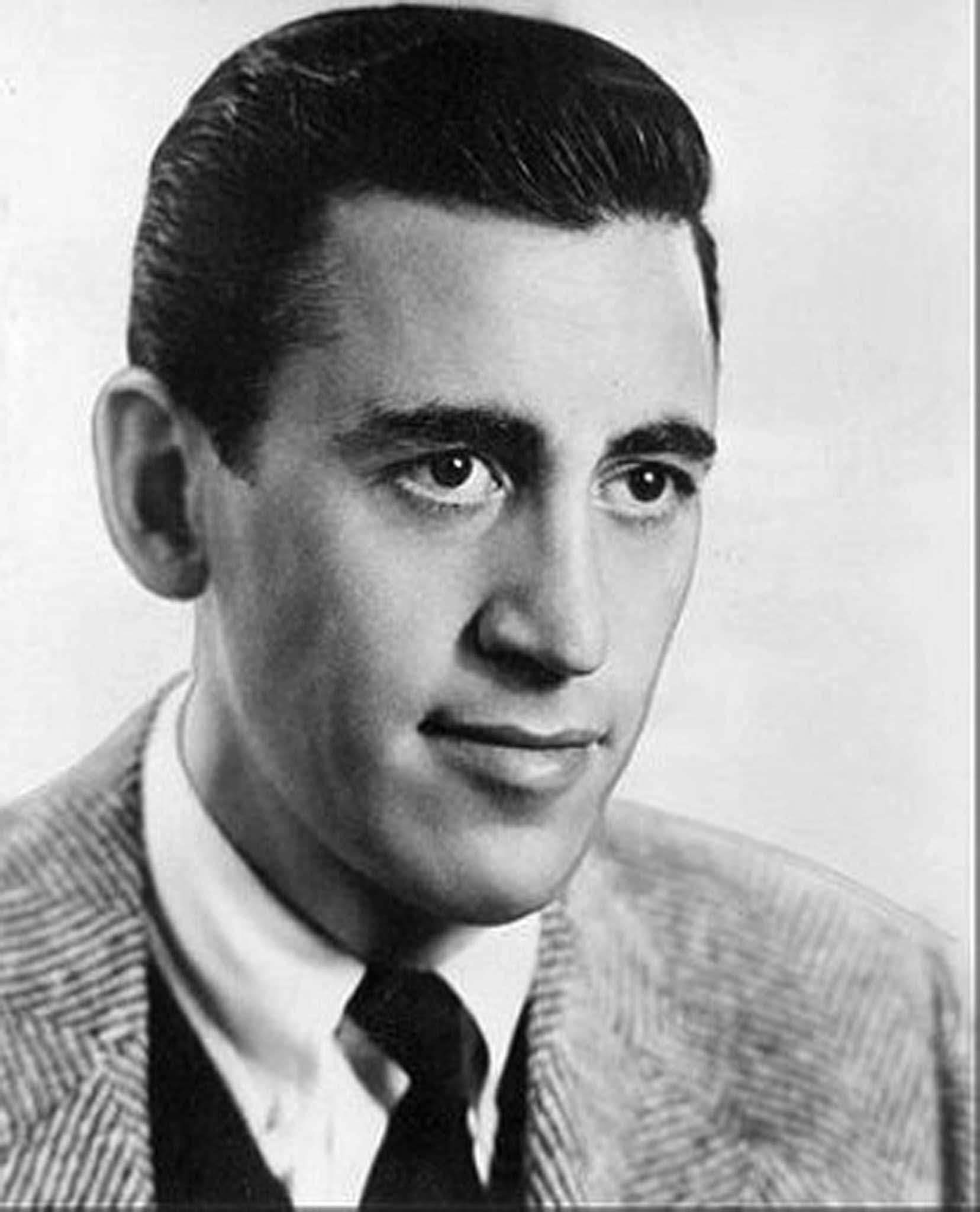
Your support helps us to tell the story
From reproductive rights to climate change to Big Tech, The Independent is on the ground when the story is developing. Whether it's investigating the financials of Elon Musk's pro-Trump PAC or producing our latest documentary, 'The A Word', which shines a light on the American women fighting for reproductive rights, we know how important it is to parse out the facts from the messaging.
At such a critical moment in US history, we need reporters on the ground. Your donation allows us to keep sending journalists to speak to both sides of the story.
The Independent is trusted by Americans across the entire political spectrum. And unlike many other quality news outlets, we choose not to lock Americans out of our reporting and analysis with paywalls. We believe quality journalism should be available to everyone, paid for by those who can afford it.
Your support makes all the difference.This memoir mourns a mode of existence that was endangered at the time, is a near-impossibility now, and was perhaps never much more than a dream: a life of the mind, lived for and among and with constant reference to books.
In the mid-1990s, Joanna Rakoff emerges blinking from the clever bubble of graduate school and finds an ill-paid job at a dusty literary agency that just happens to represent the world's most sought-after recluse, JD Salinger. Joanna learns to use an old-fashioned Dictaphone and a typewriter (the agency scorns technology), and never, ever to pass on to "Jerry" any of the voluminous correspondence that arrives for him. Outside the office, living in a bad flat with a bad boyfriend, she is "slightly unhappy constantly".
In prose that is clear, precise and evocative, Rakoff renders her people and places touchably real. Those who enjoy tales of smart, vague, frail young people not getting much done will find much to appreciate here – at least at the start, as many potential sources of intrigue are set up. The book's grip does loosen as it becomes apparent that none of these is really leading anywhere – characters are lovingly introduced and then vanish; drama surges up only to recede again – and that the author/ protagonist herself is somewhat surly company.
A quote on the jacket calls Rakoff "the literary world's Lena Dunham", and while that's not a great comparison in artistic terms – Rakoff's work is less overtly comedic, less sexual, and nostalgic rather than current – it does highlight the fact that the two invite similar criticism. They write, to coin a sneery phrase, about "first world problems", and they make little apology for their protagonists being quite mean-minded, self-interested people.
But some of Rakoff's material does leave one questioning her self-awareness. Is she conscious of the irony of professing unease about books being written as acts of revenge, given that this whole work seems to exist partly to excoriate her ex-boyfriend? Is she being self-critical when she records pointlessly bitchy thoughts about her friends – they look tired; they're wearing "conventional clothes"; they're overly willing to eat in an unhip district? How about the bit where her parents stop paying off her two credit cards (she's 24!), and she wonders, aghast, what they'll stiff her for next – "A pre-school bill? Back pay for my childhood nanny?"
Her resistance to self-critique rankles, especially given how keen she is on logging compliments ("Look at her, she's so beautiful," cries a random landlady whose own unattractiveness is carefully detailed; "You walk through the world and it's as if you're filled with light," declares the ex-boyfriend about whom she has nothing positive to say).
Odd on a different level is the fact that this book has close to nothing to do with Salinger. Rakoff doesn't read a scrap of his work until the last quarter of the year in question, even as she chats to him on the phone. We've all coasted a bit – and coasting can be seductive to read about. But naming your book after someone you were just pretending you knew about? Holden Caulfield might have a word for that.
Join our commenting forum
Join thought-provoking conversations, follow other Independent readers and see their replies
Comments